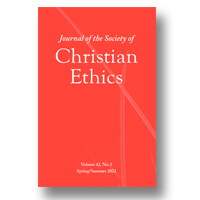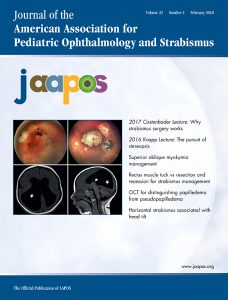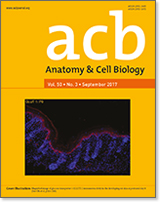A year after writing an article about a movement in South Korea to hold clergymembers accountable for sexual abuse, a theology professor has asked for the paper to be retracted after acknowledging “citation irregularities” in the work. The specific problems remain unclear.
The paper’s retraction notice, dated December 21, 2023, states that the editors of the Journal of the Society of Christian Ethics supported the request to pull the article. Asked for more details about which “irregularities” or other factors might have contributed to the retraction, Maria Teresa Dávila, one of the journal’s editors and an associate professor of religious studies at Merrimack College, in North Andover, Massachusetts, confirmed the retraction and referenced the society’s publishing guidelines and ethics statement, but did not highlight specific passages that would pertain to this specific case. She also refused to answer further questions about the retraction.
Continue reading Paper about clergy sexual abuses in South Korean churches retracted over ‘citation irregularities’







